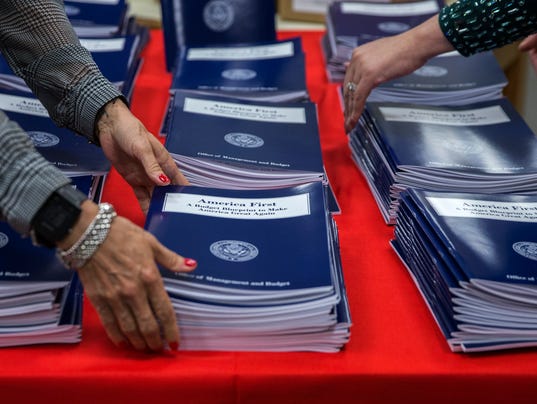On Monday, the Senate Judiciary Committee kicked off confirmation hearings for Supreme Court nominee Neil Gorsuch. The hearings are expected to last four days, with Gorsuch hoping to avoid hot-button issues like access to reproductive rights, campaign finance, and executive powers. Senate Judiciary Committee Chairman Chuck Grassley (R-IA) hopes to have Gorsuch’s nomination voted out of committee by April 3rd and a vote before the full Senate by April 8th (before the two-week Easter recess).
Last week, House Republicans advanced the American Health Care Act (AHCA), their repeal-and-replacement plan for the Affordable Care Act, out of the House Budget Committee following a blistering Congressional Budget Office report of the impact of the legislation. The AHCA bill is expected to be considered by the House Rules Committee on Wednesday, where the Republican majority on the panel is expected to approve the bill and send it to the floor for a full House vote. The full House is expected to vote on the legislation some time Thursday, which is the seventh anniversary of the signing of the current ACA law. ANA opposed the current AHCA legislation in a letter sent to Capitol Hill leaders earlier this month.
House Republican leaders are frantically whipping votes in favor of the bill, but the continued chorus of complaints from the conservative House Freedom Caucus and more moderate members has set the stage for a razor thin margin in the lead up to Thursday’s vote. House Republican leaders are expected to release a ‘Manager’s Amendment,’ which is a series of changes to the legislation that can be made by House leadership following the regular committee process to shore up support for the bill. The expected changes to be released later this week would be to:
1) Allow states to impose work requirements on Medicaid recipients (appeasing conservative members)
2) And expand health tax credits for seniors (appeasing moderate members).
Though Freedom Caucus members still take umbrage with the current bill for not going far enough and moderates are concerned with the number of Americans that could lose coverage, the changes could be enough to get Republican to the 216 votes needed to pass the bill.
Stay tuned to the Capitol Beat for further updates on health reform and other activity happening on Capitol Hill.

